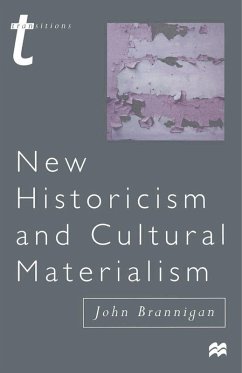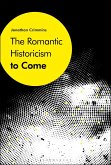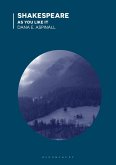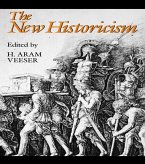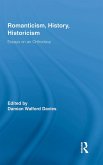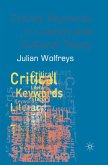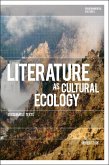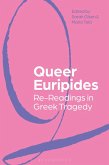New historicism and cultural materialism emerged in the early 1980s as prominent literary theories and came to represent a revival of interest in history and in historicising literature. Their proponents rejected both formalist criticism and earlier attempts to read literature in its historical context and defined new ways of thinking about literature in relation to history. This study explains the development of these theories and demonstrates both their uses and weaknesses as critical practices. The potential future direction for the theories is explored and the controversial debates about their validity in literary studies are discussed.
Bitte wählen Sie Ihr Anliegen aus.
Rechnungen
Retourenschein anfordern
Bestellstatus
Storno

